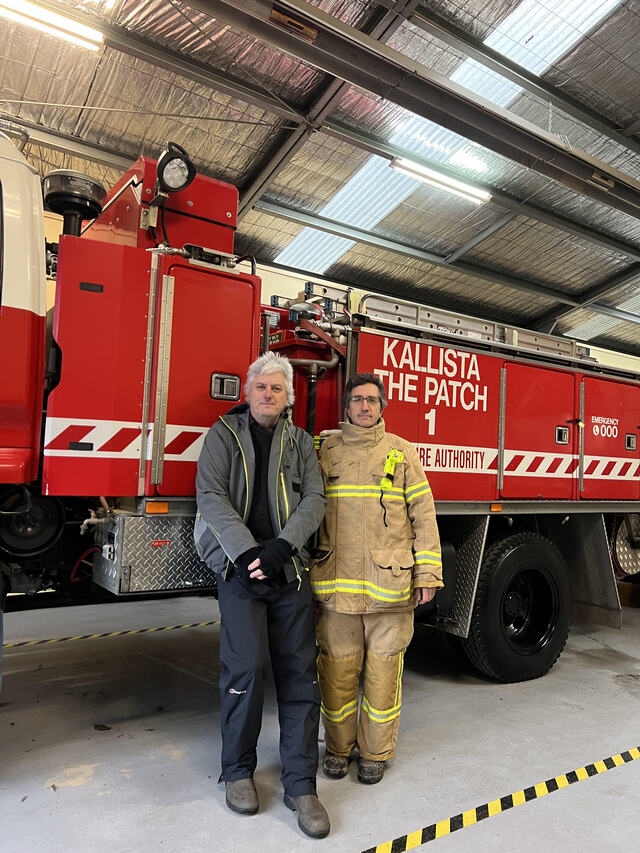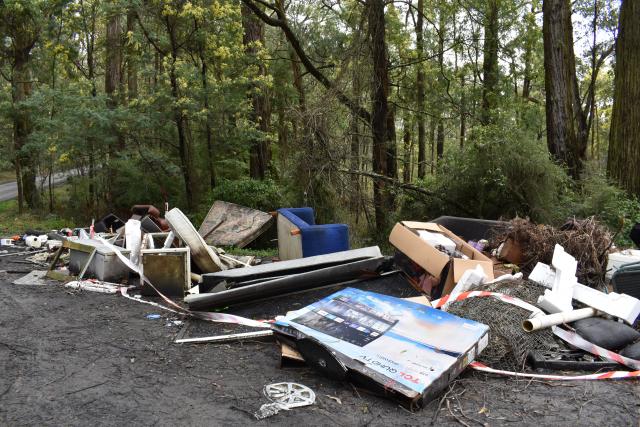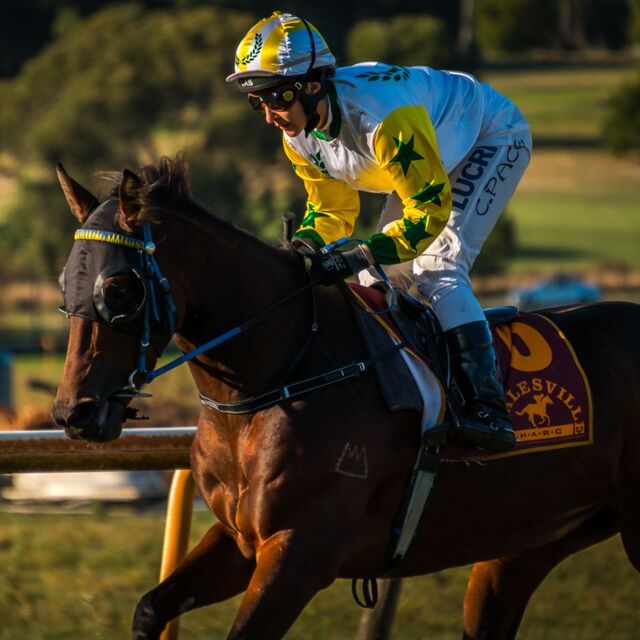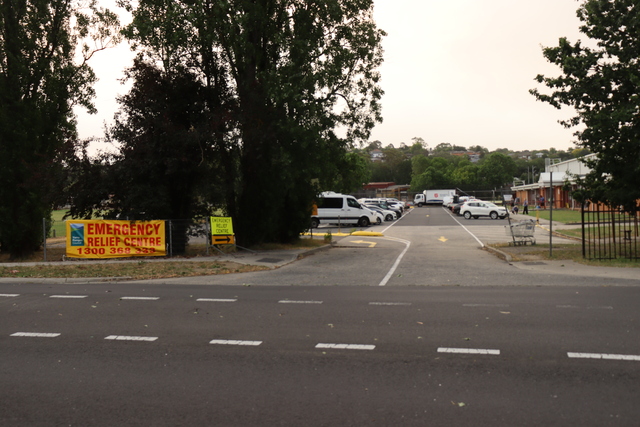Kallista CFA volunteers are working with RMIT teachers and students to propose a redesign for the Kallista fire station.
With the station’s limited budget around $100,000 the volunteers initially planned to build an extension, but they are hoping they could do more to redesign the whole place.
RMIT University former lecturer of interior design Chris Job has used his connection with the university to create this opportunity for students to have a “real-world” experience while simultaneously helping to improve the facility at Kallista fire brigade – where he’s been volunteering at for many years now.
The students are in their second year in Advanced Diploma of building design at RMIT – a vocational education program that’s part of RMIT’s TAFE.
Kallista CFA volunteer Chris Job said updating the facility will help keep both the volunteers and the community safe.
“We are really happy to have the students design this project, and we’re looking forward to seeing all the options they come up with,” Mr Job said.
“I’ve done similar work in the past with RMIT, with the council, we worked on Monbulk soccer club, RMIT did a proposal for that – it was a great involvement for all parties, we delivered the same for Yarra Valley soccer club in Milgrove.”
Nicholas Nolen is one of the RMIT students helping to redesign the facility.
“It’s a mandatory project, but I love it and I’m really glad we get to do a real-world project, it’s different to doing conceptual stuff,” he said.
Students will work individually to come up with a design including the cost of it and what the site conditions will be like, they will also have a chance to present their designs to the CFA at the end of the semester in late October, early November.
The second-year student is thinking of doing a precinct study, inspired by the architecture legend, Robert Venturi.
“There’s a lot to examine when thinking about designing a fire station, but for me personally, designing is about considering the people who are going to use the space,” Mr Nolen said.
“I hope we can make a positive impact here with our designs.”
RMIT senior teacher Andrew Rodda has been working with Chris Job on several projects, including other projects in the Yarra Ranges in the past.
“This is an opportunity for us as teachers and academics to give the students a real-world example, we often talk about simulated workplace environments, but nothing really beats the experience of actually coming out, and just getting knowledge that comes from speaking to people who are directly involved in projects like CFA Kallista,” Mr Rodda said.
“We’re always looking for opportunities to do more work like this – whether it’s a large or small project, if anyone wants to contact us, we’re always open for the opportunity.”
Over the years, the fire station has raised close to $50,000 from selling goods at the market as well as community donations.
The brigade has also been approved a contribution of $100,000 from the Victorian Emergency Services Equipment Program (VESEP).
Mr Job said the project is beneficial for all parties involved – the students will be able to give Kallista CFA more alternatives with their designs.
“When we get different options, we’ll have more knowledge of what we really need,” he said.
“We have the overalls where there’s contaminants in an engine bay – and that’s a big no, we need a separate change room, a disabled toilet, a wash area for contaminants off our BA [breathing apparatus] gear.”
“Our washing machine is placed above the basin, and due to the lack of space, we’ve got two mezzanines to store our stuff.”
The station has two CFA tankers and one community funded support vehicle, none are ideally positioned”
A lot of the design need to be reconsidered to ensure the volunteers can do their jobs properly, for example, the three fire tracks that should be parked in parallel – are not, and sometimes in case of an emergency, the volunteers would have to spend some time moving them out of the way,” he said.
The fire station receives an annual running budget of around $1345, which is scarcely enough to replace the stations computer – this value has not changed in the last 40 years and it has remained the same for all volunteer stations across the state.
“We’re servicing the community, all volunteers too, we really need the community behind us,” Mr Job said.
“When the power goes out, after about 4 hours NBN goes out and our communications is greatly compromised – as a result, we can’t contact one another, nor can the community contact us with ease. In the case of a catastrophic event, the community relies on us and I think they’re unaware of this issue.”
“We’re an emergency service, we need to get NBN direct from the curb to us, and we need the community to help us make this happen and push for a change in our annual budget.”







